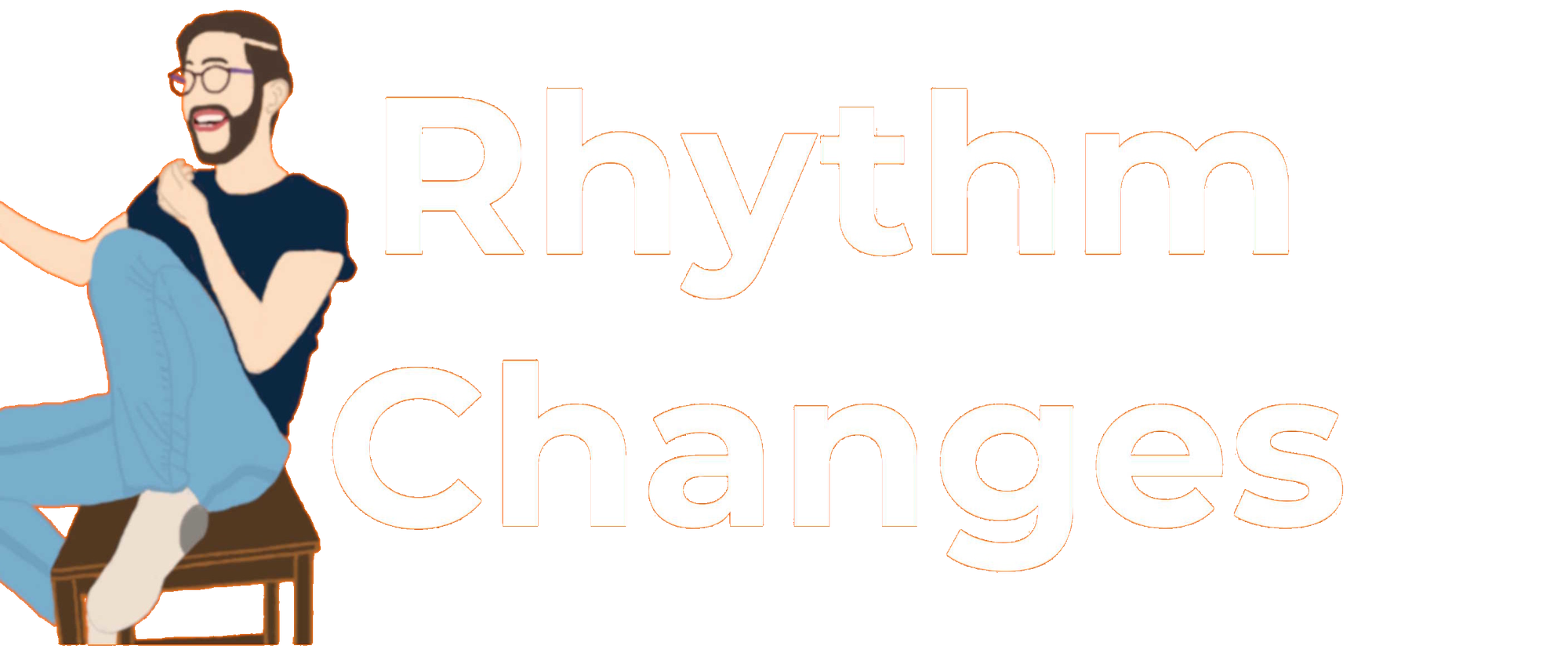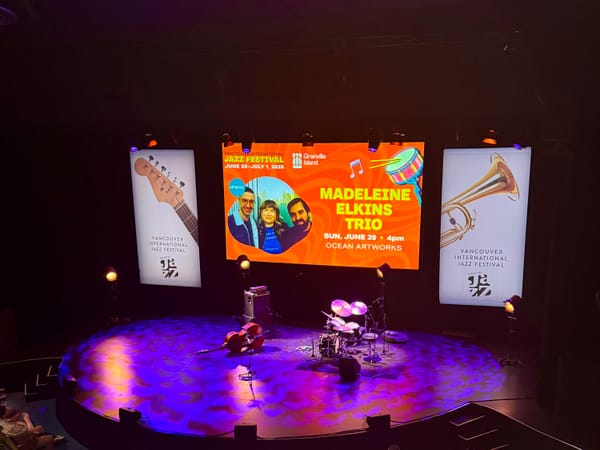Emad Armoush shows mastery with Rayhan
This album marries Syrian musical storytelling with modern jazz sentimentality.

The new album from Vancouver multi-instrumentalist Emad Armoush marries Syrian musical storytelling with modern jazz sentimentality.
Traditional Syrian melody meets free improv jazz with Emad Armoush
Armoush is equally known for being an incredible flamenco guitarist, vocalist, oud and ney player. Now, he presents Fragrance—his first album as a leader with his longtime Vancouver free improv group Rayhan.
The group features Armoush on all aforementioned instruments. JP Carter features on trumpet and electronics, Jesse Zubot on violin and electronics, Francois Houle on clarinet and bass clarinet and Kenton Loewen on drums. Perennial collaborators, all of the members of Rayhan can also be found playing in Gordon Grdina’s Haram.
Armoush et al use Fragrance to travel through space and time and introduce traditional Syrian melody to its great-great grandchild: free improv jazz music. It’s a perfect example of an artist allowing the intrinsic influences absorbed from their culture to take the reins while simultaneously focusing on the creation of something brand new. The result is an album where the feeling of playfulness exists on the same plane as reverence.
Surplus chemistry and talent
The mood of this album is organic and vigorous with a palpable storytelling vibe. I find myself imagining somebody reading an ancient legend off of some dusty parchment (like in “The March”). But just as often it feels like a less-than-accurate retelling of a friend’s brother’s story about getting lost in Berlin during the later part of a wedding reception when it’s just the uncles left drinking sambuca and scream-laughing at each other (see “Bint el Shalabiya”) .
That isn’t to say that there’s some sort of embedded charm or mysticism in the music just because it comes from the Middle East, however. Boringly enough, I think this effect is achieved for the same reasons it can be achieved with any other music: talent and chemistry.
As I mentioned above, Rayhan has been playing together for over a decade. When a group has been together for this long, they can strike a perfect balance between sticking the landing thematically as a unit and allowing everybody to be highlighted. Highlighting the players isn’t too difficult to do with such a surplus of talent. I find each player has two or three “modes” that they operate within, so to say.
Fragrance…[is] a perfect example of an artist allowing the intrinsic influences absorbed from their culture to take the reins while simultaneously focusing on the creation of something brand new. The result is an album where the feeling of playfulness exists on the same plane as reverence.
For example, Carter and Zubot both tend to switch back and forth between generating noisy electronic soundscapes to creating moody melodic interludes to blasting out wild bifurcated improvisations. Houle manages a healthy mix of sweet melodicism and gnarly riffage just on the track “Che Mali Wali” alone. Loewen will either drive the tempo with gusto in what can only be described as flamenco-rock on “When We Were Kids” or manically fill in the unused spaces as he does at the end of “Zaman Zaman”.
And of course, the fearless leader Emad Armoush sets the tone of the entire record with his effortless expertise with the subject matter. His guitar tone is as clean, full, and bell-like as I could ever want mine to sound. His oud and ney playing is unmatched and are the most effective contributors to the overall sound of the record.
However, it’s truly his singing voice that ties the entire project together into something that feels greater than just a collection of melodies. All at once it is haunting but authoritative, melancholic but inviting, wisened but jubilant. It’s easy to think that his singing purely serves the function of featuring the Arabic lyrics and therefore legitimizing the origins of the music, but it’s deeper than that. When Armoush starts singing, the music warps and molds to suit his voice. Are the musicians just simply listening and reacting, or are they bending to the will of the music itself?
The right treatment
Fragrance is a celebration of Syrian musical storytelling, modern jazz sentimentality, experimental ambient electronica (if only just a touch), and hard rocking brought to you by the tradition that grandfathered it all: collective improvisation. And as experimental music, my guess is that the hypothesis going into this project—be it last year or 10 years ago—was “can we give traditional Syrian melodies the same treatment that we give to jazz standards?”
The short answer is yes. Not just because they happen to achieve this with flying colours on Fragrance, but because the treatment that jazz musicians give to their standards derives from the tradition that exists in Syrian/Arabic music, or Indian music or Blues music. Which is to say “here are some old songs that we still love to sing. Let’s play them together and see what happens.”
The artist maintains the link above. If the link broke, please contact Rhythm Changes, and thank you for the heads-up.




